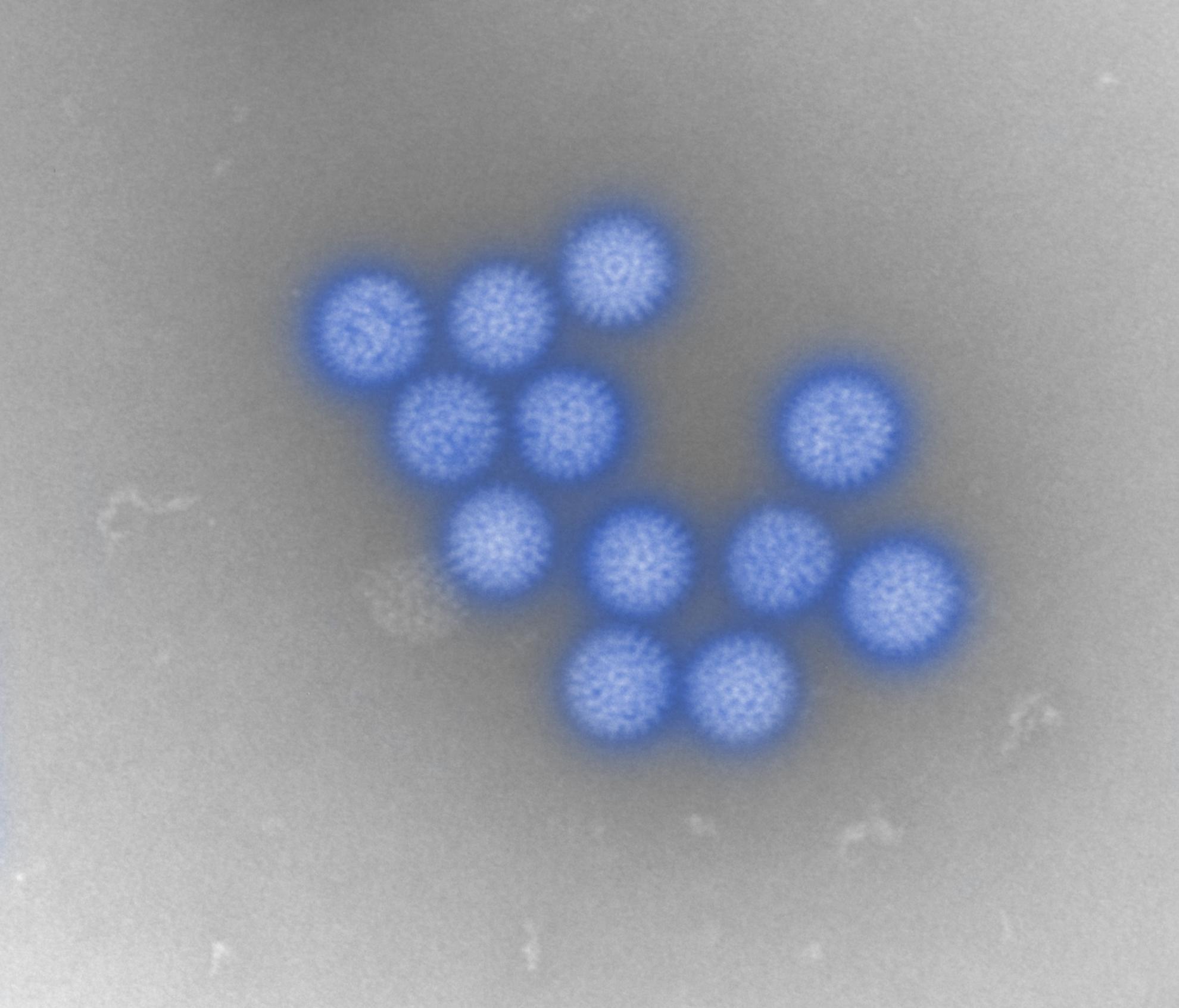Immunization of knock-out ?/? interferon receptor mice against lethal bluetongue infection with a BoHV-4-based vector expressing BTV-8 VP2 antigen
New effective tools for vaccine strategies are necessary to limit the spread of bluetongue, an insect-transmitted viral disease of domestic and wild ruminants. In the present study, BoHV-4-based vector cloned as a bacterial artificial chromosome (BAC) was engineered to express the bluetongue virus (BTV) immune-dominant glycoprotein VP2 provided of a heterologous signal peptide to its amino terminal and a trans-membrane domain to its carboxyl terminal (IgK-VP2gDtm), to allow the VP2 expression targeting to the cell membrane fraction. Based on adult ?/? interferon receptor knockout (IFNAR(?/?)) mice, a newly generated bluetongue laboratory animal model, a pre-challenge experiment was performed to test BoHV-4 safety on such immune-compromised animal. BoHV-4 infected IFNAR(?/?) mice did not show clinical signs even following the inoculation of BoHV-4 intra-cerebrally, although many areas of the brain got transduced. IFNAR(?/?) mice intraperitoneally inoculated twice with BoHV-4-A-IgK-VP2gDtm at different time points developed serum neutralizing antibodies against BTV and showed a strongly reduced viremia and a longer survival time when challenged with a lethal dose of BTV-8. The data acquired in this pilot study validate BoHV-4-based vector as a safe and effective heterologous antigen carrier/producer for the formulation of enhanced recombinant immunogens for the vaccination against lethal bluetongue.
Back to publications
